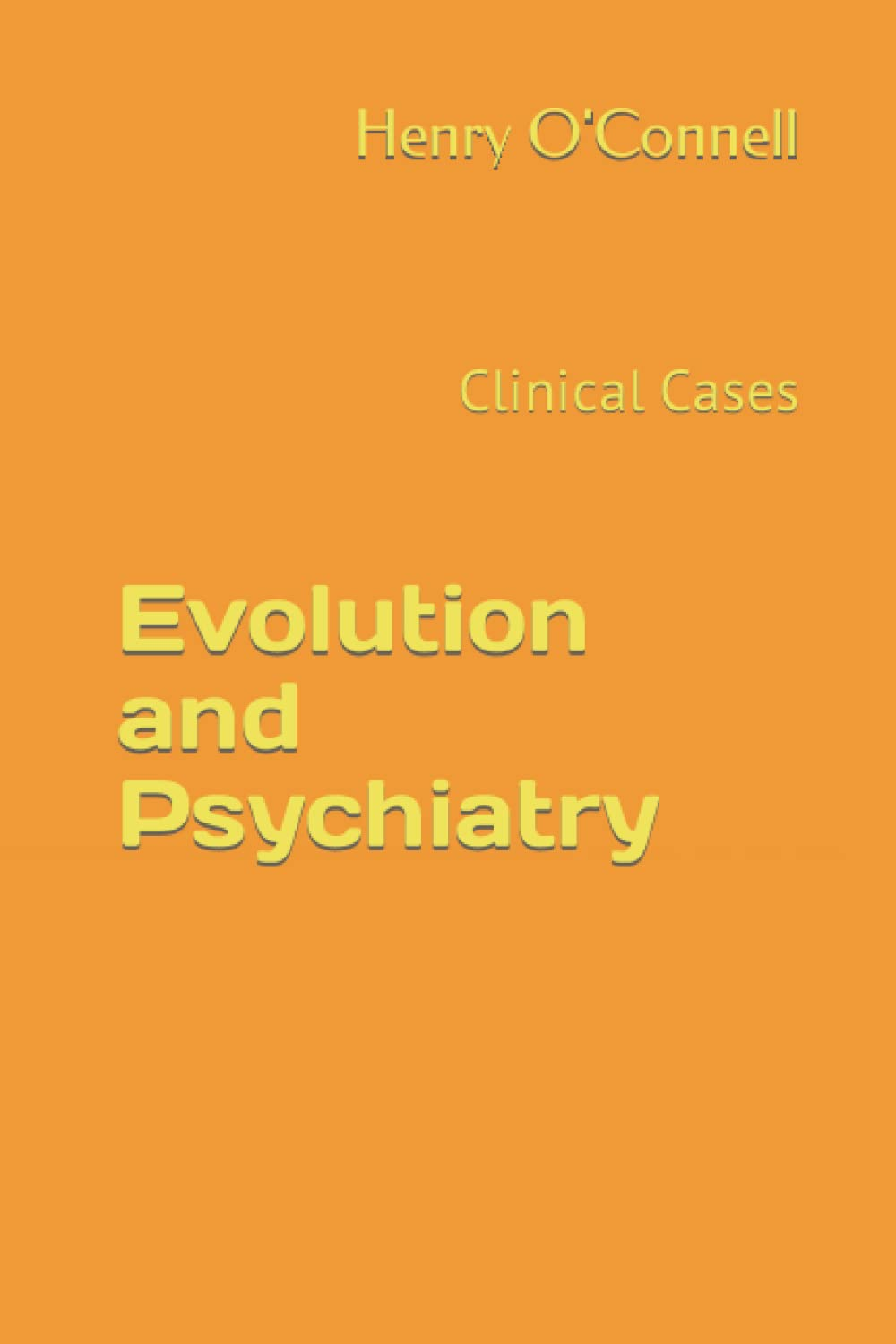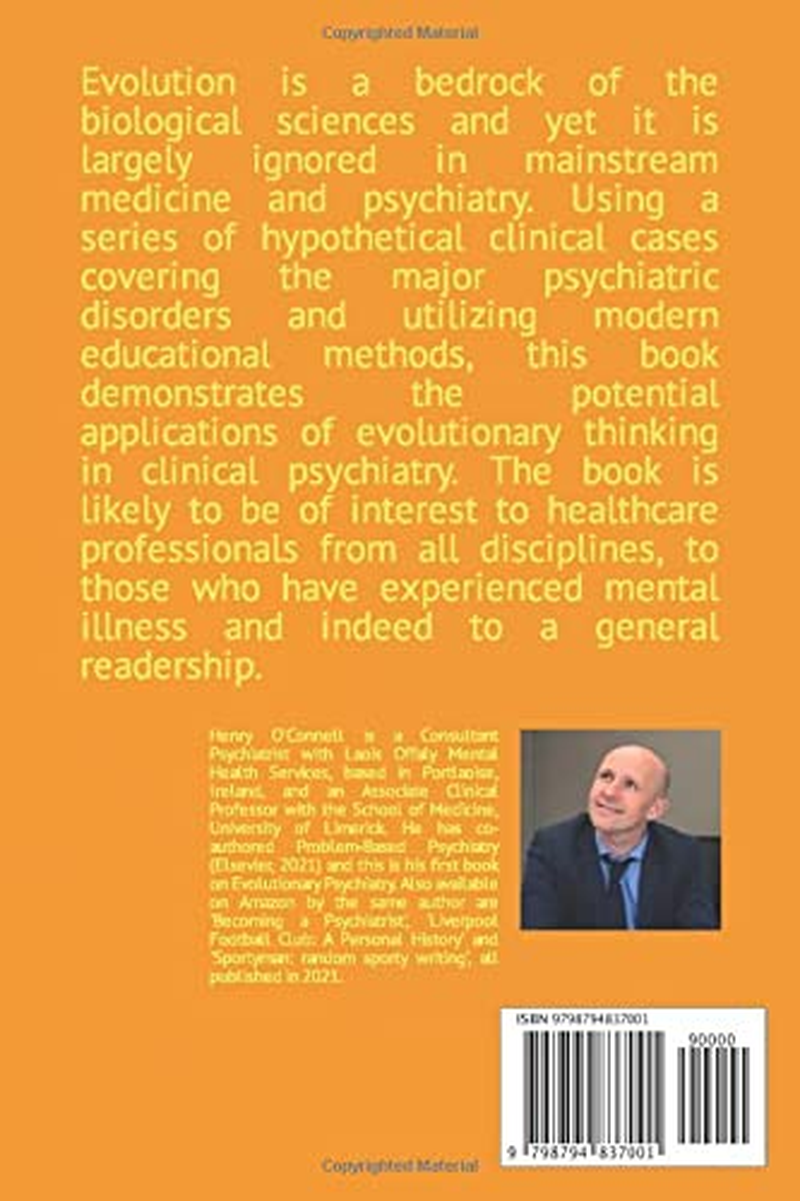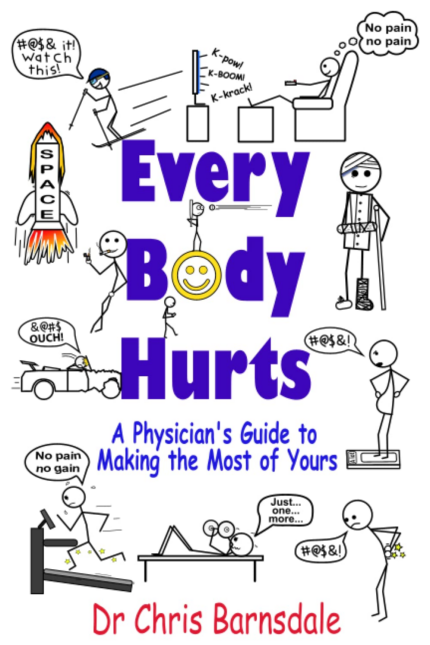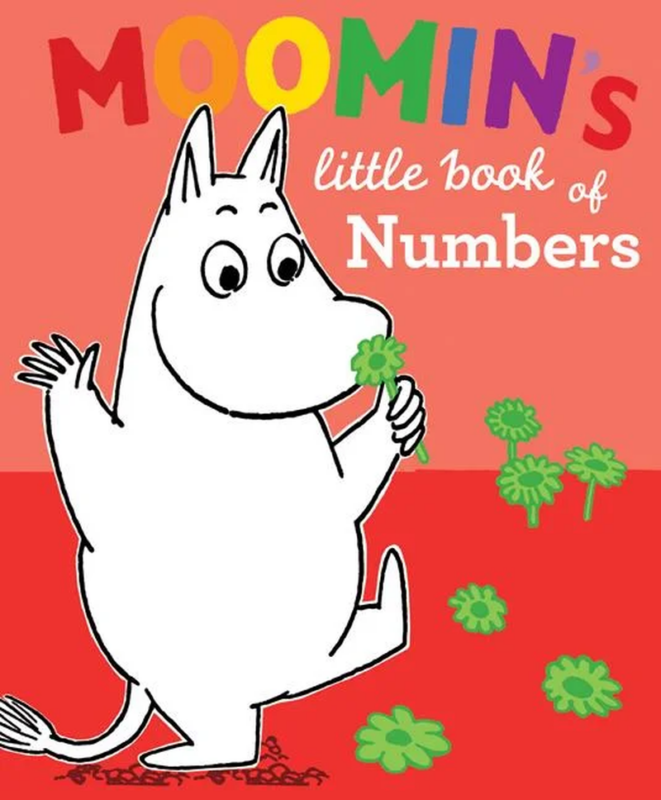In ‘Evolution and Psychiatry: Clinical Cases’, I begin by outlining key evolutionary principles and describing how they relate to illness generally and, specifically, to mental illness. I then go on to describe in detail a series of ten hypothetical clinical cases covering the major psychiatric disorders and incorporating in each chapter how evolutionary principles can be utilized in everyday clinical settings to help sufferers and to inform useful research questions.
This book should be of interest to both healthcare professionals and a general readership. For each of the chapters relating to psychiatric disorders, readers are taken on clinical journeys with hypothetical patients. Clinical encounters for these hypothetical patients are used to generate key learning objectives. The learning objectives cover a wide range of clinical and basic sciences, with an emphasis of course on evolutionary science.
Modern principles of medical education are employed throughout the book, with a case based approach to each major disorder that is accessible and appealing to readers and that aids deep learning and subsequent practical application.
Clinical and basic science principles are vertically integrated within each case and universal learning objectives are horizontally integrated between cases and cross referenced.
This book provides a novel framework within which to view mental health and illness in the context of our evolutionary origins and a wider social and environmental context. Such a framework is also likely to be helpful in planning new strategies for promoting wellness and delivering healthcare.


Terms & Conditions ♥
If you purchase from us, you must consent to the following conditions.
Please be advised that we can only post to the address you enter at the checkout phase. Please ensure this is accurate as orders are dispatched with priority to ensure the stated delivery time before we can pick up a change of address message. Also, please note that orders can be processed within minutes, and if our courier picked up parcels, they could not be cancelled. However, you are welcome to return it once you receive the item. Please be aware that multiple orders can be posted individually. This is to ensure that you receive each item as soon as possible. Communication is crucial to us; please let us know immediately if at any time you have any issues or problems. Before leaving unsatisfactory feedback, please allow us to put things right.
Please always reach us through eBay and not through our email address. Please be informed that our stock is also held in Wholesale Fulfilment centres around the country; therefore, the order may come in the suppliers/fulfilment centre branded packaging. By buying this item, you agree to us communicating your name and address details with our suppliers to authorise us to complete your order as quickly as possible.
Our commitment with You
As professional sellers, we offer a 30 day guarantee to all our customers. If you are unhappy with your purchase, if the product arrives damaged, or if you are unsatisfied with what you have purchased, please drop us a message. We can arrange your free return with a full refund.
Shipping
We offer FREE shipping on all orders! We offer shipping to UK Mainland Only and ship within 1-2 business days of payment, usually sooner. We are always working hard to ensure your package arrives as soon as possible. Please understand that some factors like weather, high postal traffic, and the performance of shipping companies are outside of our control. We do not accept P.O. Boxes. Please provide a physical address.
We Don't Ship OUTSIDE UK MAINLAND.
Return
We offer a 30-Day Return Policy on items in which you are not completely satisfied with. You have the option of a full-refund or an exchange of the item. Please message us for the labels, don't use any other labels.
Payment
We accept all type of payment available on eBay plateform including PayPal. Please pay as soon as possible after winning an auction, as that will allow us to post your item to you sooner!
Feedback
We try over very best to make sure every customer is completely satisfied. If there's a problem, message us! We're happy to help and do our best to make you satisfied.
Contact Us
If you have any queries, please contact us via ebay. We usually respond within 24 hours on weekdays.











Reviews
There are no reviews yet.